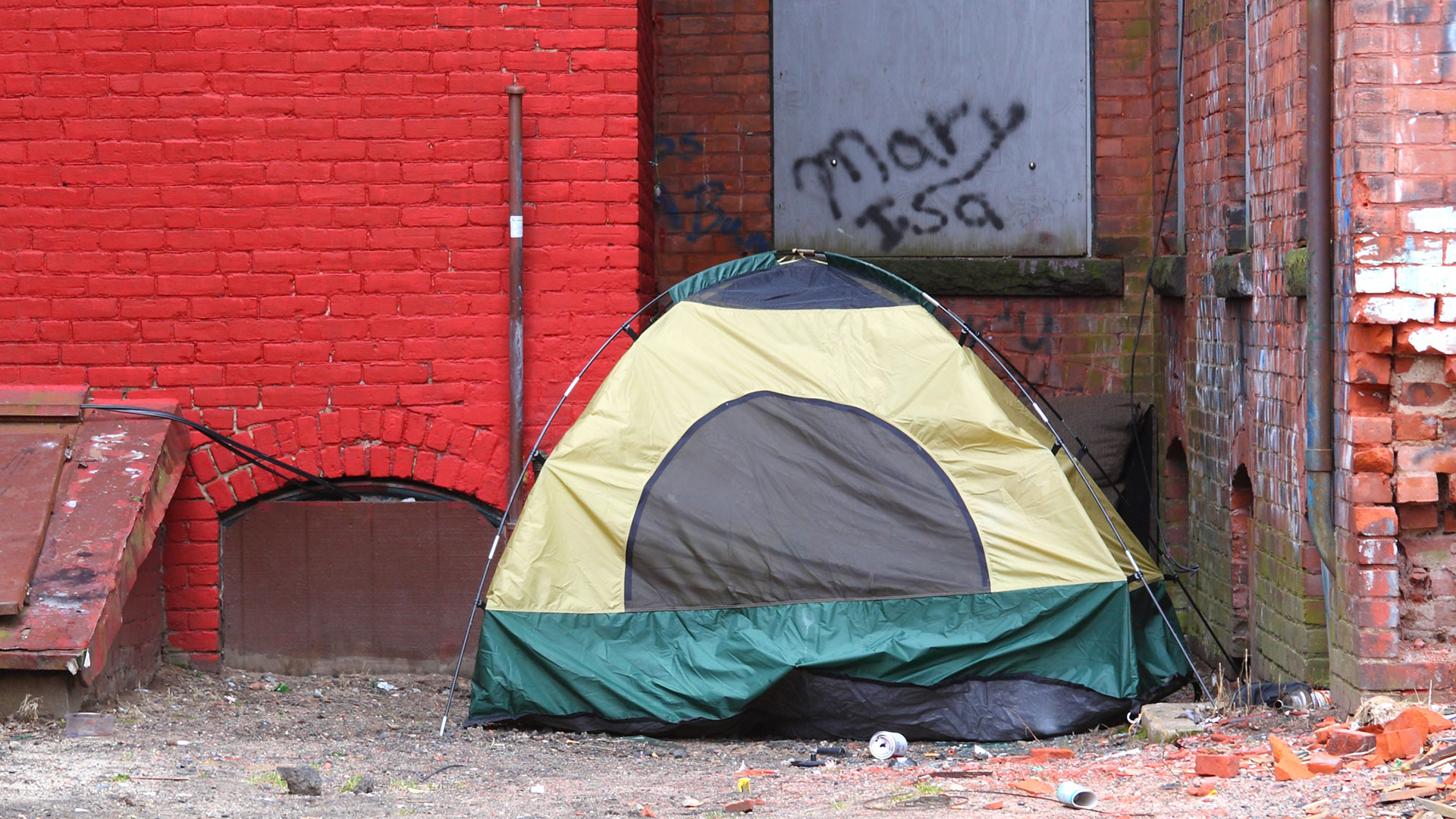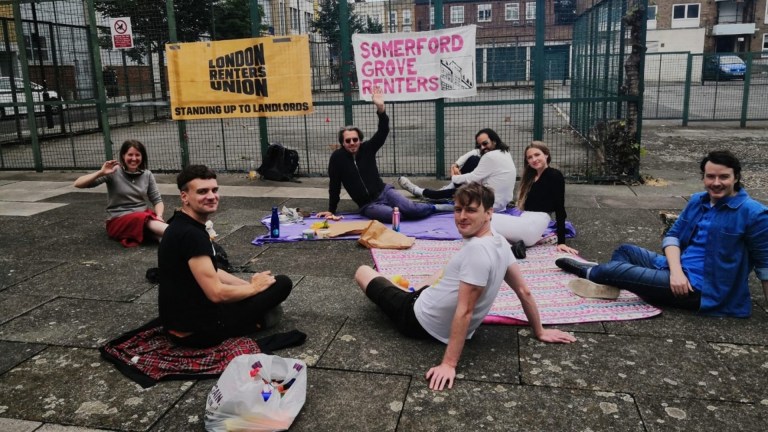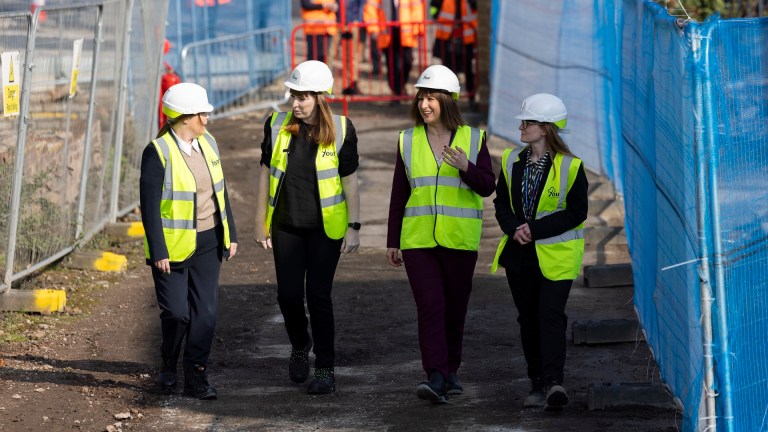Humpherson said: “Decisions on use of data such as those on rough sleeping, and the best approach to publication, should be informed by advice from your department’s head of profession. A lack of transparency risks undermining public trust in the data, as well as the organisation producing the data.”
Similarly, Betts’ letter called on Hall to clarify what the figures meant for Government plans, pointing out that the 6,000 supported homes announced by the Government – including 3,300 in the next 12 months – appears to be based on the original estimate that 5,400 people had been housed.
The Sheffield South East MP did welcome the announcement but asked what will happen to the remaining rough sleepers once hotels return to normal. Betts also questioned why only 6,000 homes have been sought and asked if local authorities will receive more than the £3.2 million funding set out to keep rough sleepers without accommodation of the streets.
The Government response has been swift with Homelessness Minister Hall publishing management information, not statistics, on the number of people housed through the Everybody In scheme in a written response today.
Praising the “truly remarkable achievement of Government, local authorities and charities”, Hall revealed that 14,610 people have been housed, including people directly from the streets, people housed in shared night shelters and others who have become vulnerable to rough sleeping during the pandemic.
Advertising helps fund Big Issue’s mission to end poverty
He also warned that the data is not comparable to the autumn rough sleeping snapshot, published in February, that showed the first decrease in rough sleeping for almost a decade.
Hall said: “A significant proportion of the 15,000 people accommodated were not rough sleepers but have been housed in order to prevent any risk of them sleeping rough during the pandemic.”
The management information is based on surveys filled in by local authorities with 269 councils responding, accounting for 95 per cent of councils in England and including all 33 London boroughs.
The results revealed that 4,450 people have been housed in the English capital with a further 10,160 in the rest of England.
Hall’s response also stated that the £3.2 million emergency funding to support these efforts is an “initial first step” but more would be drawn out of the £3.2 billion set aside for local authorities to meet needs during the pandemic, though it is unclear exactly how much.
He added: “The Government is now supporting local authorities on their next steps plans to ensure accommodation arrangements can continue to be managed safely to protect the most vulnerable, assessing individuals’ needs in order to ensure as few people as possible return to the streets”
Advertising helps fund Big Issue’s mission to end poverty
Meanwhile, Inside Housing also reported that Hall had been in touch with local authorities to discuss next-step support plans, which asked them to “seek to encourage people, where appropriate and possible, to return to friends and family”.
He also stressed that homeless migrants should be offered “a voluntary return to their country of origin” with no chance to the Government’s No Recourse to Public Funds policy despite calls from campaigners.
An MHCLG spokesperson confirmed that councils are being asked to consider individual assessments and consider a range of options. They said: “We’ve been clear councils must continue to provide safe accommodation to vulnerable rough sleepers and support those moving on from emergency accommodation as the risk from the virus reduces.”










